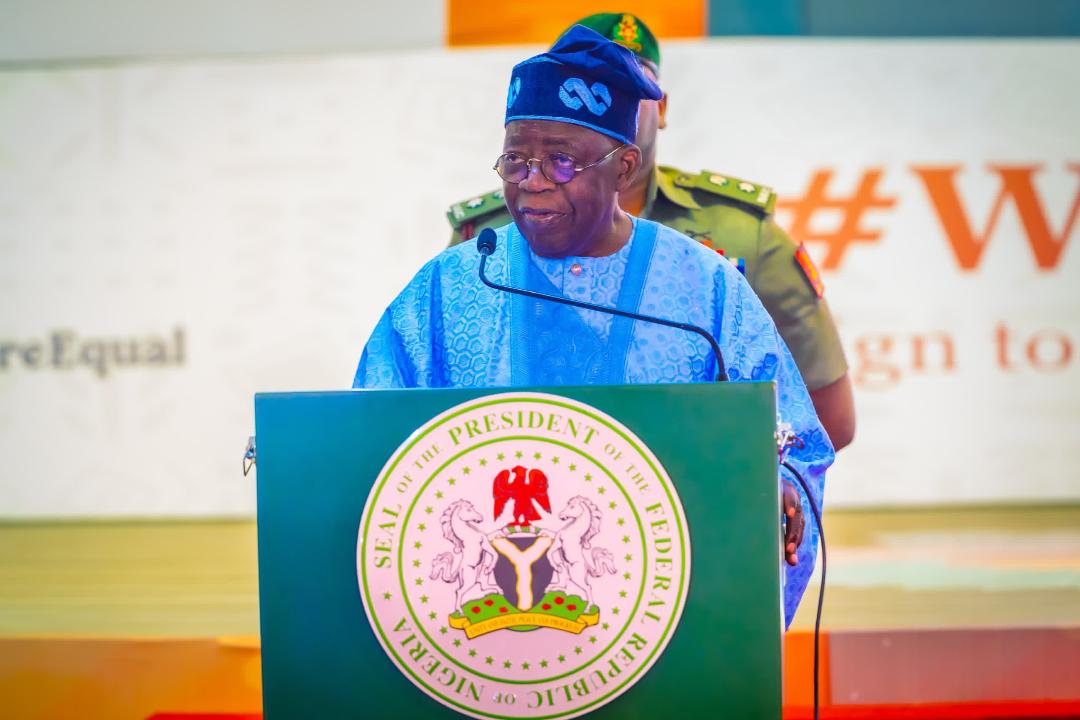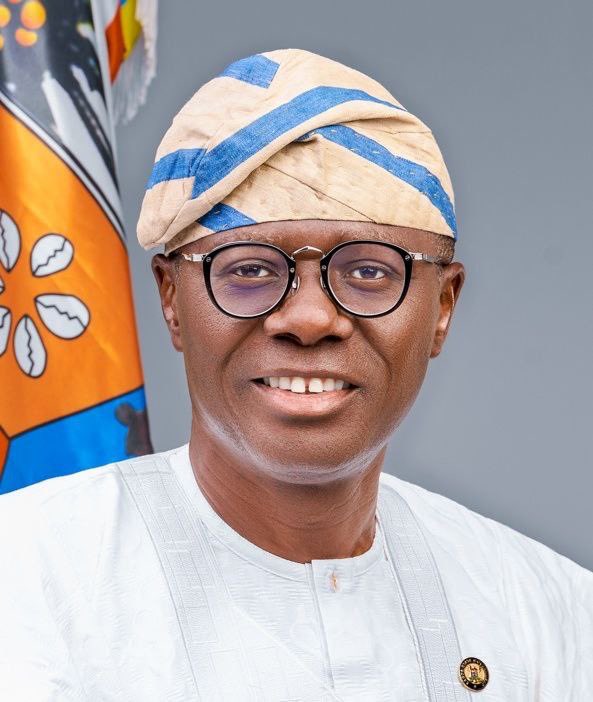Tinubu, The Opposition, and The Nigerian Honey Pot
BY KAYODE SOREMEKUN

As the Tinubu administration approaches the one-year mark, it is important to effect a review of what has transpired in the last twelve months.
At the level of sheer policy postures and pronouncements, much has been done and so much is also being done, such that it is almost impossible to keep pace.
In this narrative, however, I have decided to dwell on an unusual aspect of the last twelve months.
On this note, the thrust of my argument is this: Nigeria is a lucrative honeypot for external actors and their local collaborators. It is a situation in which every achievement of this administration translates into a loss for external actors and their interests. These indeed are the various indices of the opposition that will continue to stalk this administration.
At the instinctual level, and unfortunately, the average reader is likely to view the opposition in terms of predictable variables like the: PDP, LP, and possibly the various indices of civil society.
But this piece is not preoccupied with these.
Rather our attention is focused on the implications of the evolving dynamics of Air Peace (AP) and the competition in the aviation industry.
It is instructive to recall here that, as soon as AP ticked off on the Lagos-London route, the other airlines came into some form of self-serving epiphany. They changed tack through the process of fare reductions.
The implications of this ongoing process are deeper than one may think. As long as Nigeria was absent on the Lagos-London route, the route was something of a honey pot for the other airlines. It was a sybaritic situation in which all the other airlines were busy enjoying themselves at the expense of Nigerians and Nigeria.
In my innocence, I thought that the only airline that was benefitting from this bazaar of the Lagos- London route was British Airways (BA) whose ancestors were the original predators of what passes for the Nigerian state. Little did I know that other Airlines like Air Maroc and Egyptair were also partakers of this largesse.
On this note, the mind remembers the goggled General, Sani Abacha. In the light of the inclement interplay between his regime and Britain, British Airways was banned from Nigeria. But as soon as he died, BA resumed its lucrative foray into Nigeria. One can imagine how much BA must have lost in the light of that move by the General.
The implication is that for every omission or commission on the part of Nigeria, someone out there is smiling home with huge profits. Such forces and individuals constitute at one level the opposition that anyone who occupies Aso Rock, has to contend with. Needless to say, Nigeria is a huge honeypot since we are talking here of a huge market of 200 million Nigerians.
The situation also partly explains why the Naira will continue to go south since for most, even our basic needs, we depend heavily on the external realm. It also explains why anybody who occupies Aso Rock is not just up against the usual opposition at the domestic level, he is also up against the various indices of opposition beyond Nigeria.
And here we are talking about hard-headed interests and zero-sum games in which what one entity loses, is gained by another one.
This brings to mind another major area in which over time, Nigeria continues to be a spectator in the scheme of things.
Our specific reference here is the Nigerian oil industry. Nigeria continues to be passive in this industry. So passive that as an oil-producing country, there are no backward linkages like refineries and petrochemicals. Even as I write, there are rumblings to the effect that, there are jitters out there. This is because, should Nigeria succeed in bringing on stream her refineries, very many jobs will be lost by refiners in places like Rotterdam and South Korea. These are some of the entities that export refined oil to an oil-producing Nigeria. Again as regards petrochemicals, should Nigeria come into her own in this vital area, then our imports of raw materials will reduce drastically. In light of what is happening to Air Peace, we should expect a fight-back from relevant interests out there.
Very much the same thing can be said for our steel industry. To date, it remains comatose. No thanks to international conspiracy ably aided by a wayward ruling class. This is invariably a sad feature that stretches far back to the dawn of our political independence. Again, Nigeria’s attempts to come into her own in this vital area will be resisted and vigorously too by the relevant external forces out there in collaboration with their internal allies.
So as PBAT settles into his second year in office, he will do well to remember and appreciate that he will be contending with various indices of the opposition at the external various ways these have their tongues and fingers in the Nigerian honey-pot. They will not give up easily. This is why, the Tinubu presidency should give these self-serving domestic and external forces a good run for their greed and avarice.
There is some hope, however. This cautious optimism lies in the fact that, in the course of that historic outing in Abeokuta where Tinubu openly staked his claim to the Presidency he also pronounced with equal gravity on his place in history. Specifically, he opined that he would not want to be a footnote to the Nigerian narrative. So all said and done, it is possible to contend here that in the light of what can be regarded as his self-conscious place in history; PBAT has his work cut out for him in critical and vital areas of our national life like the steel industry, our oil industry and of course the Aviation sector.
Success in these various areas can only mean that the Great Black Hope is ready to come into her own.
Soremekun is a professor of political science. He was the second vice chancellor of Federal University Oye Ekiti, Ekiti State











